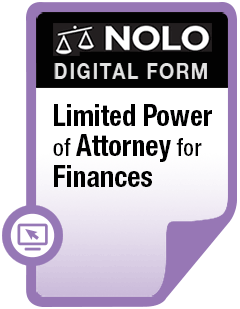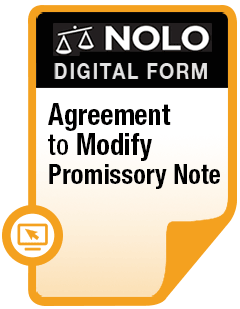If you’re the victim of identity theft, you have the right to create an FTC Identity Theft Report.
If an identity thief steals your personal information and opens new accounts, makes purchases, or gets a tax refund in your name, you should get a Federal Trade Commission (FTC) Identity Theft Report.
You can then use the Identity Theft Report to prove to creditors and businesses that you're the victim of identity theft.
Uses For An FTC Identity Theft Report
For victims of identity theft, getting an Identity Theft Report makes it easier to fix problems that an identity thief has caused. In many cases, you'll be able to use an Identity Theft Report instead of a police report to clear up credit issues related to identity theft.
You can use the report to:
- permanently block fraudulent information that results from identity theft, including accounts or addresses, from appearing on your credit reports
- ensure that these debts do not reappear on your credit reports
- prevent a company from continuing to collect debts that result from identity theft (or selling them to others to collect), and
- place an extended fraud alert on your credit report.
How to Get an Identity Theft Report
To get an Identity Theft Report, report the identity theft to the FTC. You can report situations involving:
- identity theft
- when someone has filed a tax return using your information
- when someone has your information or tried to use it, and you're worried about identity theft
- when your information was exposed in a data breach, and
- other situations.
Getting Help
If you're a victim of identity theft, go to IdentityTheft.gov, the federal government's main resource for identity theft victims. You can get a personal recovery plan, sample letters to send to your creditors, and an Identity Theft Report.
The website also provides valuable information about what to do after your identity is stolen, other possible steps you should take, and specific instructions for certain accounts such as utilities, phones, government benefits, checking accounts, etc.
You can also get more information about dealing with identity theft at the FTC's Identity Theft website.
Talk to a Lawyer
Need a lawyer? Start here.
How it Works
- Briefly tell us about your case
- Provide your contact information
- Choose attorneys to contact you
- Briefly tell us about your case
- Provide your contact information
- Choose attorneys to contact you



